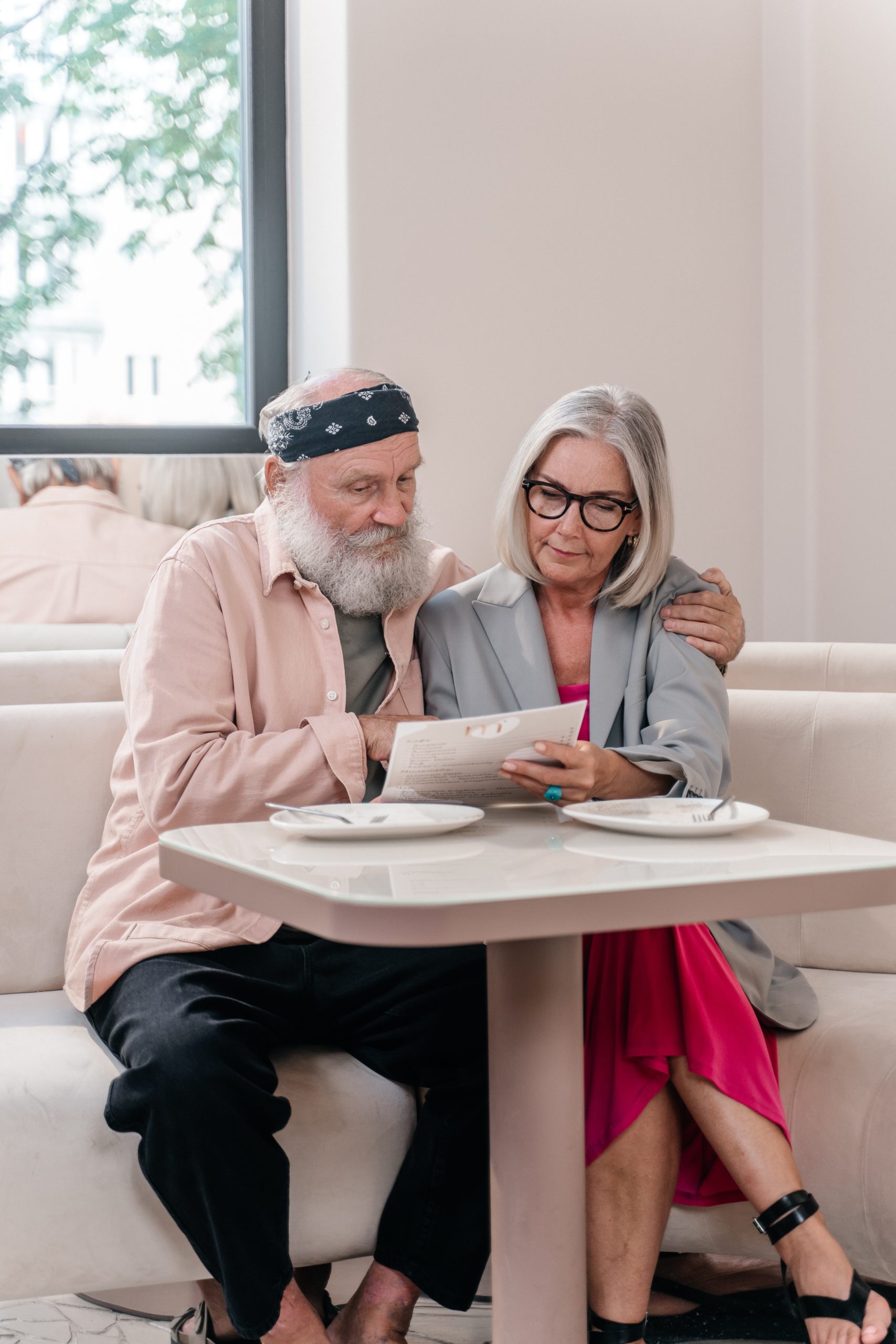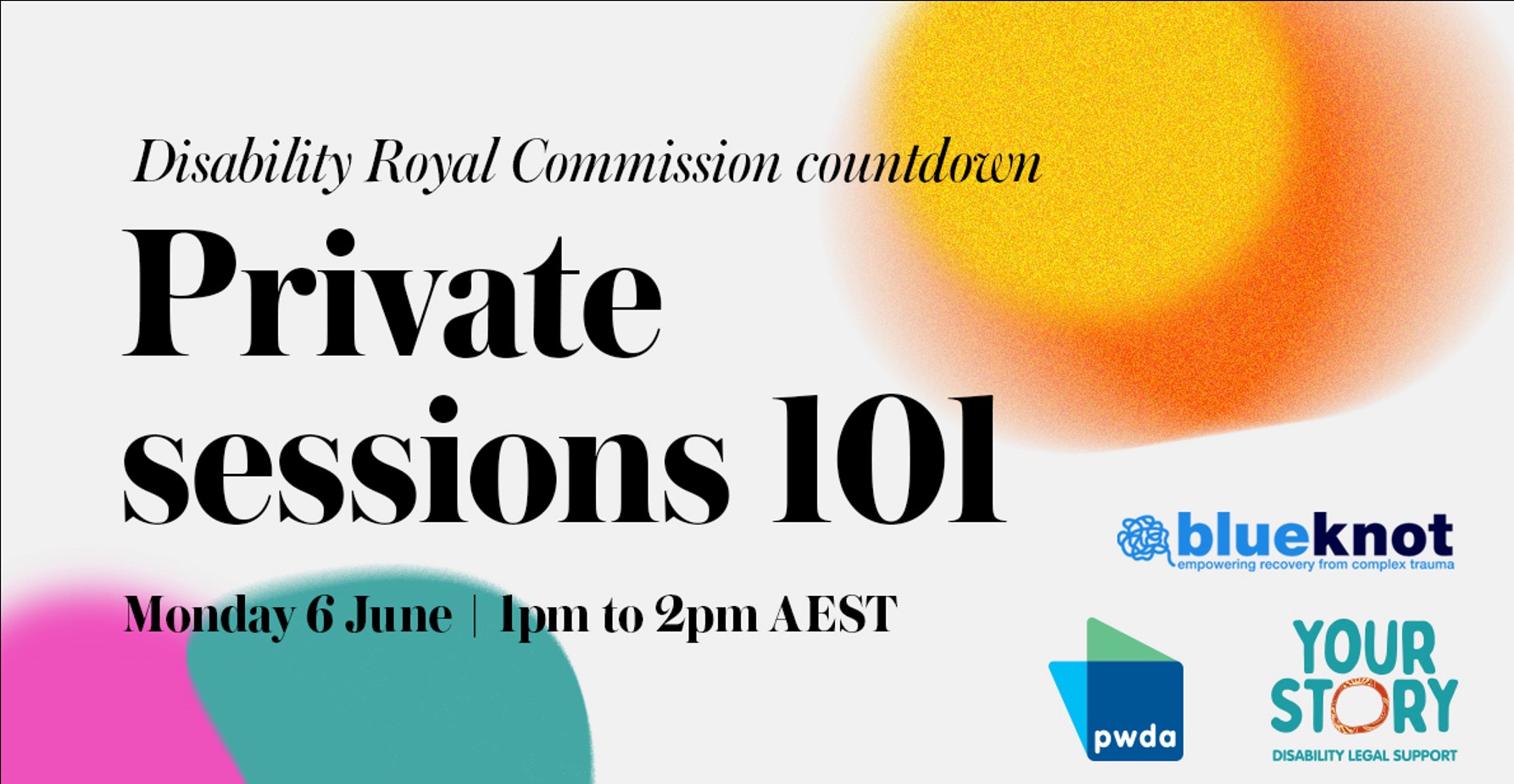Welcome to the May edition of Breaking Free. This month we focus on the important role that family, friends and partners can play in a survivor’s road to recovery. It can be challenging as well as rewarding, but supporters need to build their knowledge and tools to help them support a loved one. If you are not familiar with the possible impacts of trauma, it can be confronting to see your loved one triggered or experiencing physical or emotional reactions. We can help you feel better equipped to offer compassionate support. We talk about possible reactions survivors may have and importantly how you can look after yourself throughout the process.
Supporting a loved one with dissociative identities can be especially challenging. We partnered with Infinite Mind, Beauty without Bruises, Systems Speak and ISSTD to develop a fact sheet specifically for family and friends supporting a loved one who is dissociating or who has dissociative identities. https://blueknot.org.au/resources/blue-knot-fact-sheets/survivors-and-supporters/supporting-a-person-who-lives-with-dissociative-identities/
We thank John Cowell for his poem reflecting on his childhood experiences, and for sharing some of the powerful emotions that have followed him into adulthood.
In recognition of National Sorry Day last Thursday 26th May and Reconciliation Week we share some of the heart-breaking story of Aunty Julie Black a 64-year old Barkindji woman who was taken from her mother as part of the Stolen Generation. The National Reconciliation Week 2022 theme, “Be Brave. Make Change.” challenges all Australians to Be Brave and tackle the unfinished business of reconciliation so we can Make Change for the benefit of all Australians.
Finally, the deadline for registration for a private session with the Disability Royal Commission is fast approaching, with registration finishing on June 30th. Blue Knot is contributing to a webinar seeking to answer any questions and concerns around this. We encourage you to register now for the free webinar to be held early next week.
Until next time, take care,
The Blue Knot Team







